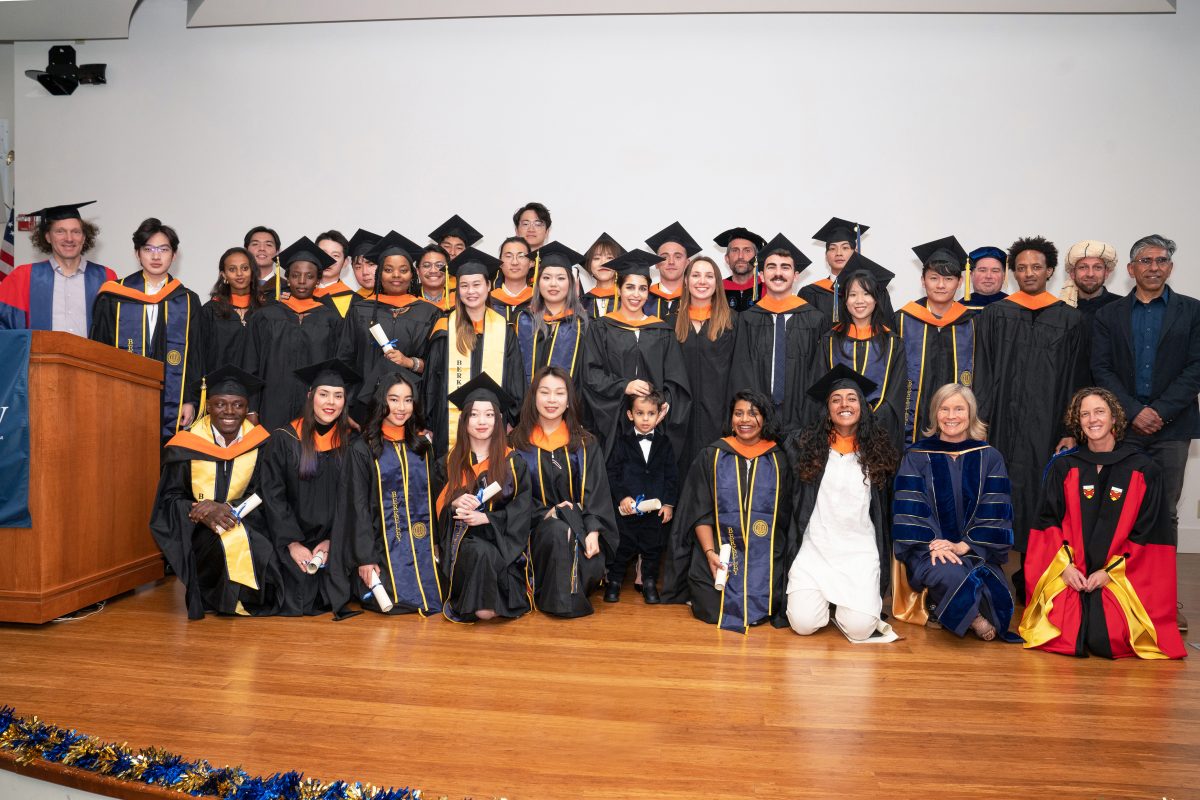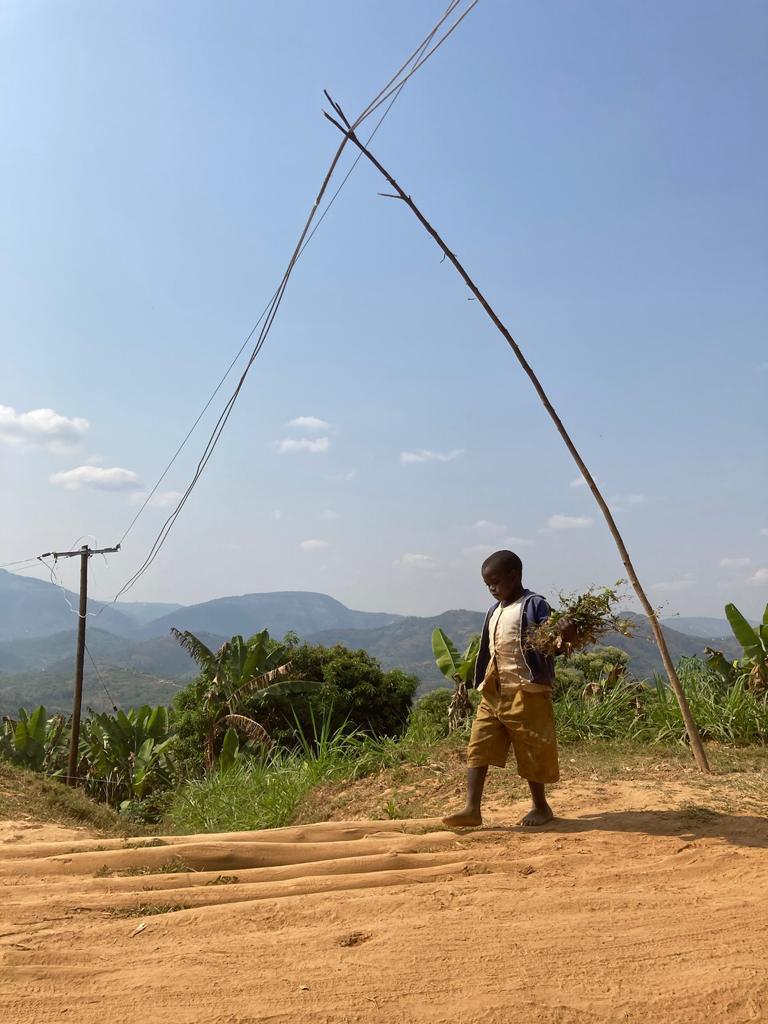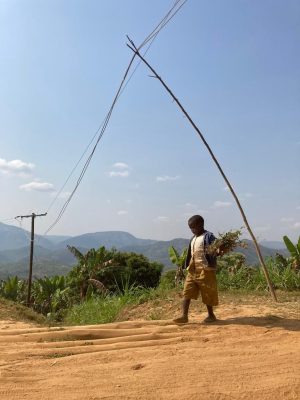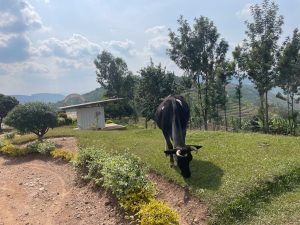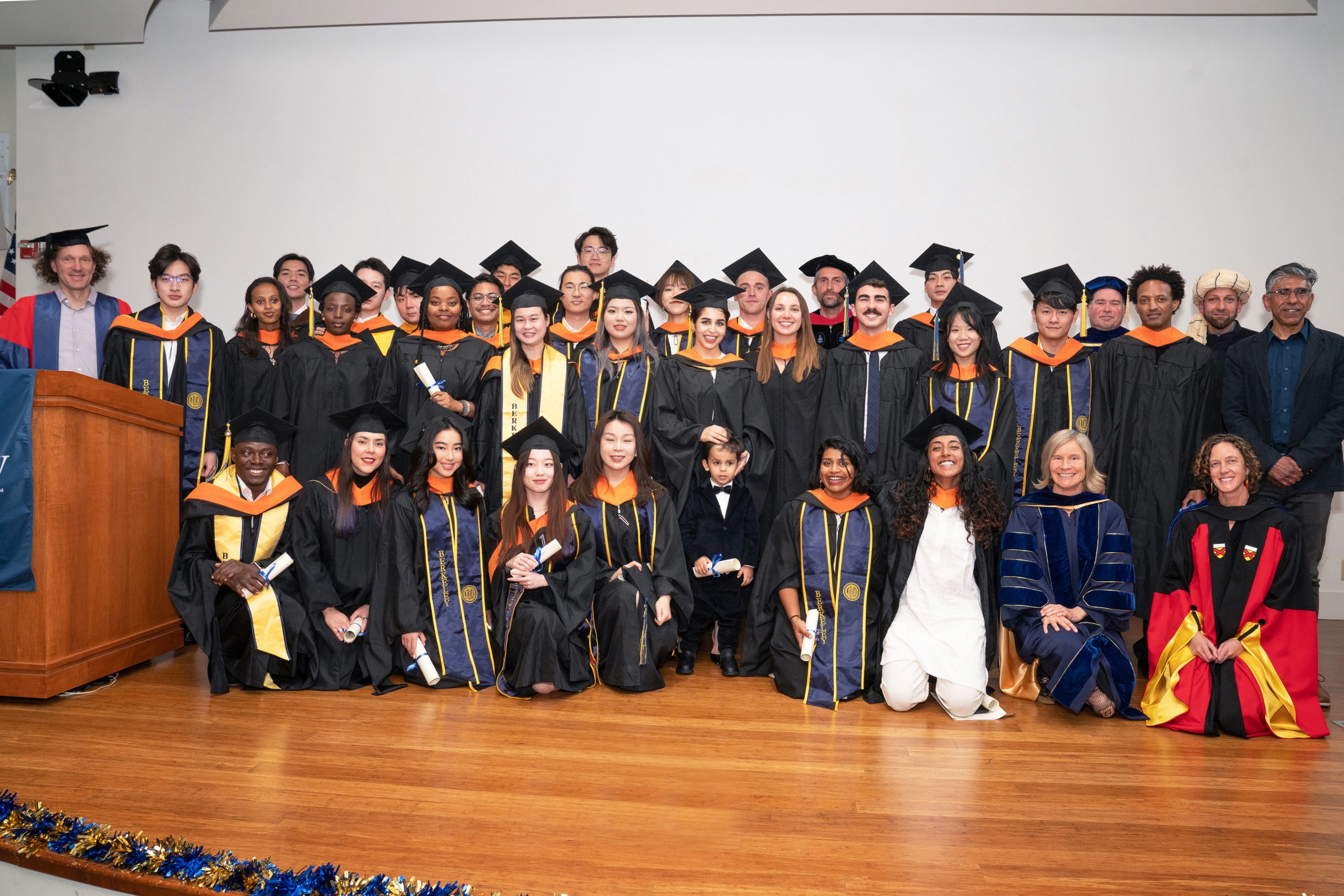
Yordanos Degu Zewdu clearly remembers the moment she decided to become a changemaker helping those most in need: as a young kid in Addis Ababa, on the way home from shopping with her mother, right before the start of the school year.
Degu Zewdu and her mother came across a father and his two children. He appeared ill and was begging desperately for food for his hungry kids. The suffering and desperation moved the young Degu Zewdu deeply.
“But as a kid, I had no means to help. So I stood there, overwhelmed by a sense of helplessness,” she recalled. “My mother, the kindest person I’ve ever known, generously gave the father money to buy food for his kids, brightening their faces with joy.”
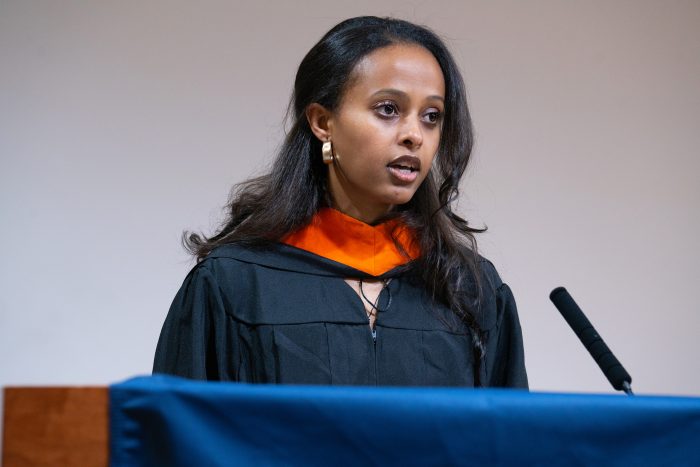
In that moment, she realized that “when I grew up, I wanted to be in a position to help communities and families in need.”
Degu Zewdu, who continues fulfilling that promise as a Development Engineer, recounted the story to her peers and their families last Friday evening at the commencement ceremony of the UC Berkeley Master of Development Engineering program’s Class of 2023 — the second-ever cohort of what is likely the world’s first such degree program. The group of 30, hailing from 13 countries, crossed the stage at Banatao Auditorium following three semesters, an internship, and a capstone project.
“We are here to celebrate the hard work you have put into this program and to honor your commitment, your courage, your tenacity, and your compassion,” said Prof. Kara Nelson, chair of the Graduate Group in Development Engineering. “And we thank you for the work that you are doing to make this world a more just place, a more equitable place, and more peaceful. You are an inspiration to all of us.”
The Class of 2023 worked on projects ranging from tracking and optimizing plastic waste collection for recycling in Uganda, to household sanitation and hygiene in Ethiopia, to policy needs as California transitions to greater renewable energy.
Despite impressive accomplishments in the classroom and out in the world, the variety and magnitude of the world’s problems can make DevEng work feel “like planting a singular seed in a vast desert and hoping for a forest to grow tomorrow,” said the evening’s other student speaker, Anjali Ravunniarath.
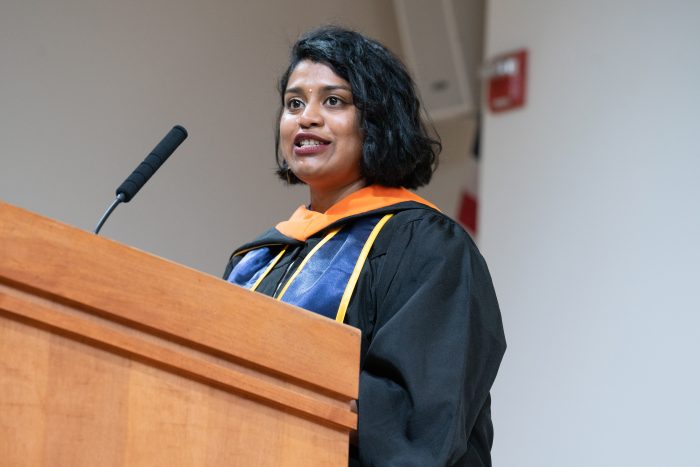
“I stand here, with the same big problems and no easy solutions. However, I have found solace in this community in the last year and a half,” she said. “Together, we’ve dissected a lot of systems, understood parts of it, and occasionally tried to see if we could fix a few. The problems may not have disappeared, but our collective efforts make it seem less daunting, and that’s truly what I’m grateful for.”
This constant change-making journey won’t always be smooth sailing, counseled the evening’s commencement speaker, Ranjiv Khush, a water scientist, member of Marin County’s water board, and co-founder of Aquaya, a nonprofit producing data and tools to support universal access to safe water, sanitation and hygiene. Even the most accomplished development engineers, like Prof. Amy Pickering, don’t get it right every time, he said.
“Here’s the thing: Amy and all of our other heroes, they make embarrassing professional mistakes. They mess things up. They feel ashamed,” he said. “Just like us.
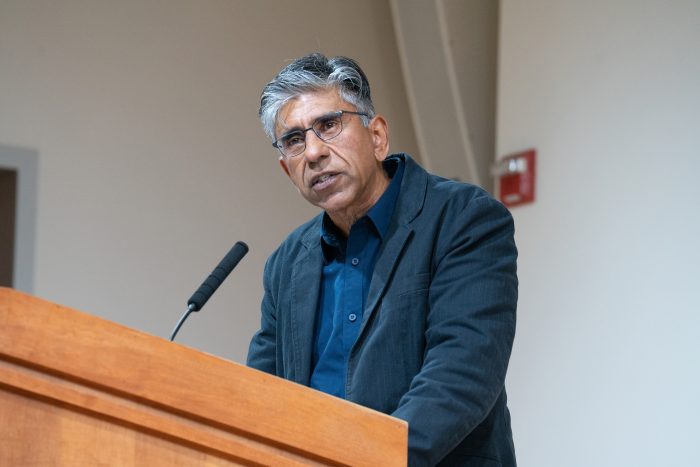
“The difference,” Khush added, “is that they’re really good at rolling with it. They shake it off. They refuse to let their mistakes define them. Be the same: Shake it off. Please, do not let your mistakes and your embarrassments dissuade you from anything or get in the way of your success.”
Prof. Dan Fletcher closed out the ceremony with a challenge to the newly minted master’s-degree holders: “I want to challenge you each day after this program, as you move on with your careers, as you find your passions, as you live your passions, to be the best person that you imagined you could be while you were in this program.”
It was a sentiment with echoes of advice Degu Zewdu had offered earlier in the evening.
“As we set forth on our individual journeys,” she said, “I urge each of you to embrace life’s unpredictability, step out of your comfort zones, show resilience, remain open to the countless opportunities that await. It is in these moments of growth and uncertainty that we will unveil the authenticity of ourselves.”
